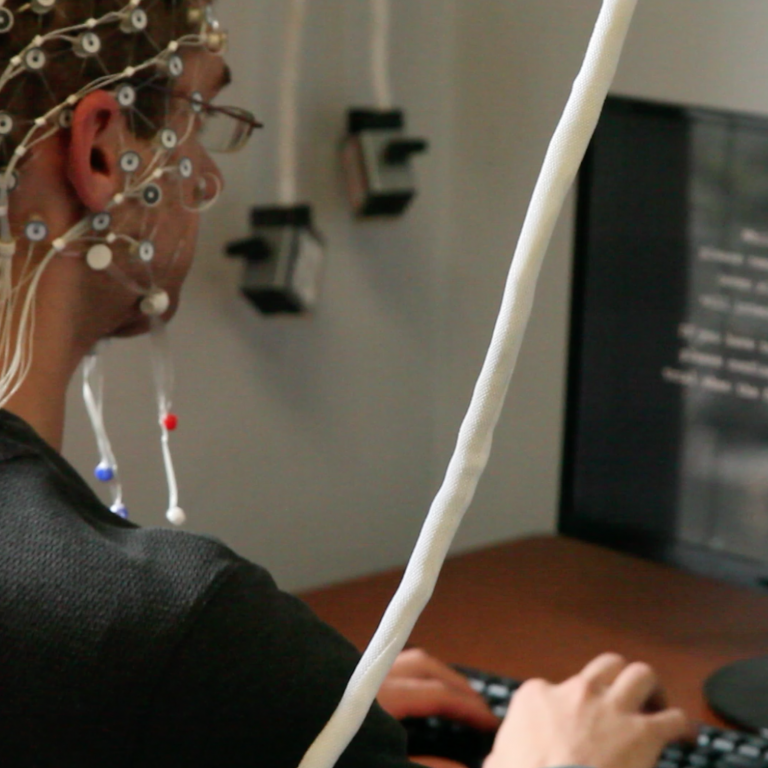Psychology Today
These are trying times. Our lives have been upended. We’ve been mandated to stay at home and work from home; our social outings have been drastically reduced, as have our social interactions with others. We’re faced with 24/7 interaction with our partners. The result is a unique form of cabin fever, which when combined with the stressors of an invisible enemy (COVID-19), profound uncertainty (When will this end? How? Will it return? Will I or my loved ones get sick?), major changes to our routines, and economic concerns, creates a stressful burden on even the happiest couples.
These are times that call for our best—but how can we be our best when the natural human response is an uptick in anxiety and/or depression levels? Most of us have “COVID-brain”: It’s hard to think clearly when we are so worried and scared or feeling like molasses from our blueness. There’s just too much going on! We’re living in unprecedented times, locked out from the outside world and somewhat locked out of ourselves; we are unable to digest and reflect. This lessening of our cognitive function can impact our ability to ride the choppy waves in our couple relationship.
We can, however, be our “good-enough best,” and it is through the guidance of those who have been deemed wise that we can find a roadmap to resilience.
I spent several years interviewing senior therapists considered wise by their peers in order to discover what they had learned about human nature and the ingredients of good psychotherapy. The interview material led to an understanding of wise practice and a proposed definition of the term “Clinical Wisdom."
The interviewees were all seasoned psychoanalysts—persons who practiced a kind of psychotherapy that was rooted in a loving relationship. The scaffolding of clinical wisdom can be applicable to any loving relationship—and right now, couples could use some help. There are five factors that constitute Clinical Wisdom, and each one can be a stake in the guidepost:
Pragmatism: Now is not the time for minor irritations. Let things go. Follow the “Baum-Baicker rule”: If you have had some alcohol and are annoyed or angry at your partner, let it go and if you’re still angry the next day, bring it up for discussion. We’re myopic when we drink, and nothing good can come from conflict resolution when we’re in an altered state. Think existentially: Who do we want to be when all of this is over? What will it have meant for us?
Balanced Paradox: We’re separate, and we’re attached. Allow for each of these realities in your relationship. Make space to spend time together and apart, even though you’re living in the same space.
Cognitive-Affective Differentiation: Allow for difference! A couple’s resilience during this time will depend on the state of the two people who are in the relationship. Stress affects each one of us differently and we each cope differently. I like to say we all have two eyes, a nose, and a mouth, and that the similarities end there!
Affect Optimization: The act of naming your emotions has been found to benefit wellbeing. Let yourself experience the range of all that you’re feeling and share it with your partner. That said, wise relators allow for “emotional blend,” but have also learned to lean towards or focus on their positive emotions. These are difficult times and also times to deeply feel one’s gratitude for what one has, and perhaps even for who one is.
Emotional Generosity: Kindness, patience, humility, and deep regard for the other are all aspects of emotional generosity that you can bring to your relationship. Find that olive branch if there’s a disagreement, and extend it.
When asked what they thought was required for a good long-term relationship, these wise elder clinicians said one word more than any other: tolerance. During the COVID-19 crisis, when we can all get underneath each other’s skins a bit too often, remember that word. Tolerance. And while you’re at it, remember why you fell in love with that person in the next room or in the room with you, and reconnect with those feelings.
About the author: Cynthia Baum-Baicker, Ph.D., is a clinical psychologist in full-time practice with offices in Philadelphia and Doylestown, PA. Founder of the Wisdom Project for the American Psychological Association, Div 39, Dr Baum-Baicker is also past-president of the section on couples and family therapy where she currently chairs the public policy committee. She has written on the topics of clinical wisdom, the Trump stress effect, music and also authored the original papers on the health benefits of light and moderate drinking. Dr. Baum-Baicker is the former Board Chair of The Scattergood Foundation for Behavioral Health and currently sits on the Advisory Board of the Scattergood Program for the Applied Ethics of Behavioral Health at the University of Pennsylvania.
Photo courtesy of Joann Baker
Read the article: Baum-Baicker, C. (2020, April 30). 5 Ways clinical wisdom can guide couples' COVID resilience. Psychology Today. Retrieved from https://www.psychologytoday.com/us/blog/clinical-wisdom-new-world/202004/5-ways-clinical-wisdom-can-guide-couples-covid-resilience



